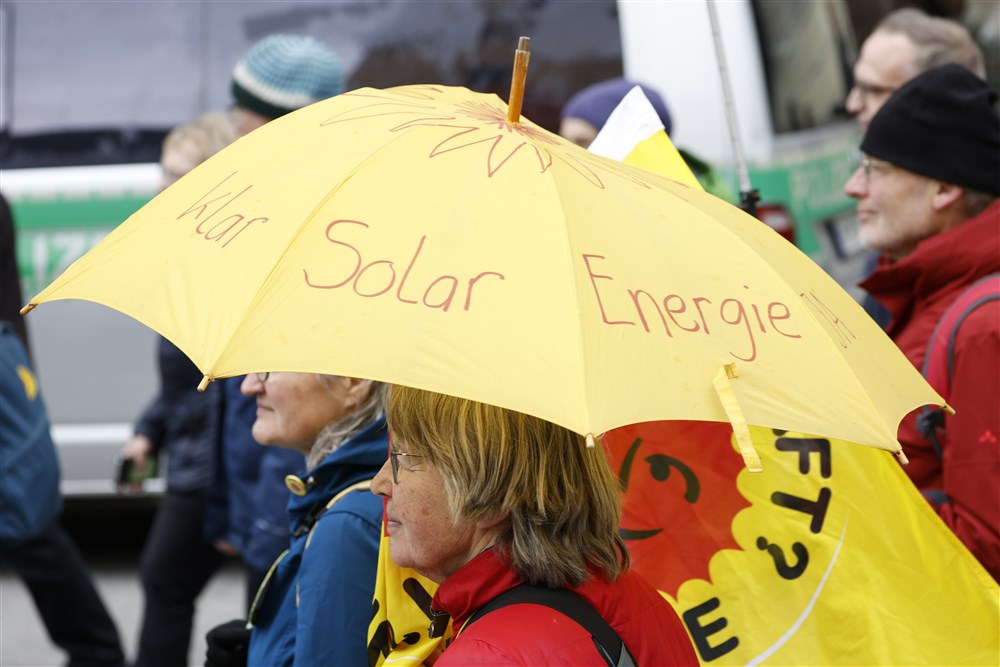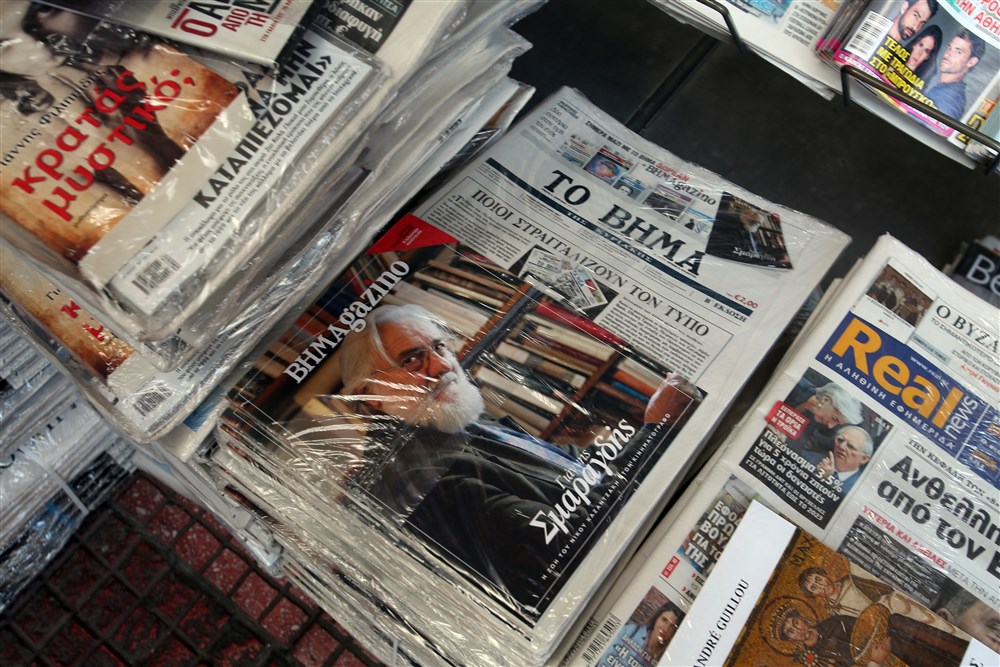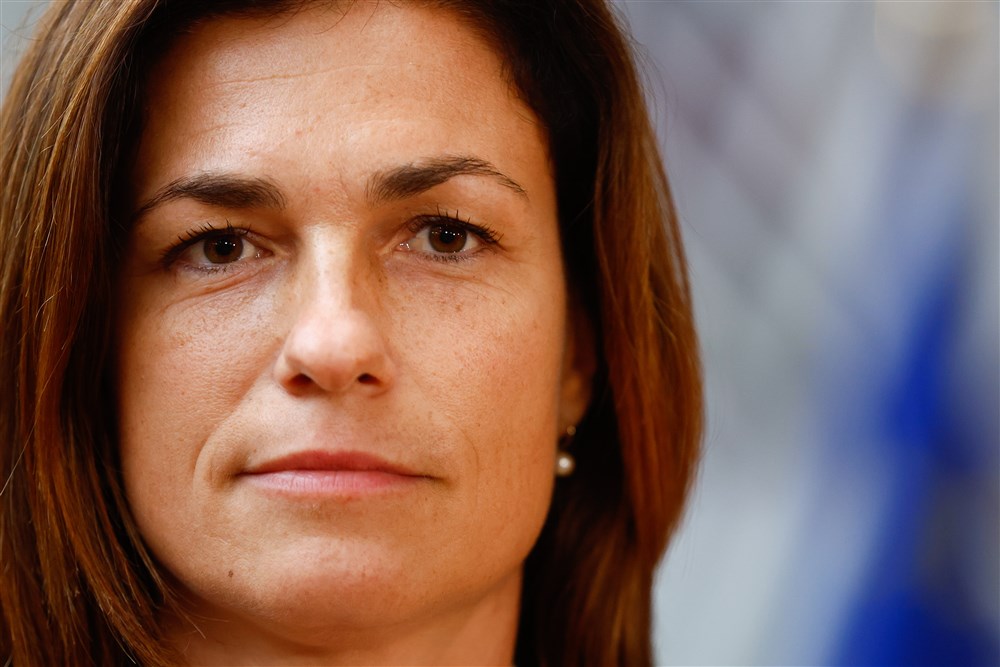In most of Europe, and for most of its existence, the European Commission has been considered a force for good. Citizens of Europe used to appeal to the EU to protect them from their own ‘wicked’ national governments. Brussels used to boast about ‘interfering, successfully’ in the elections of what were, back in the 1990s, the European Community’s neighbours in central and eastern Europe. The backing of Brussels was a vote-winner.
Protecting Europe’s consumers is still a role the Commission takes seriously. In the Belgian region of Wallonia, where your correspondent lives, the Commission has forced internet operator Orange to open up network access to competitors as a condition for approving Orange’s acquisition of competitor VOO. Without this condition there was a risk of Orange developing a monopoly position and thereafter hiking prices at will. Were Belgian authorities, or Walloon authorities, aware of this risk?
The Commission, the European Central Bank, and the IMF – the troika – were together powerful enough to literally take over the governments of Cyprus, Greece, Ireland and Portugal in the aftermath of the financial crisis of 2007/08. In exchange for a bailout, a ream of conditions were imposed on democratic governments by Brussels bureaucrats, who handed down diktats on the number of permissible employees in ministries and even departments within ministries.
Brussels, no doubt with the backing of big Member States such as France and Germany, has successfully plotted the downfall of a number of European leaders, including Italy’s Silvio Berlusconi in 2011.
While there were protests in one or two countries such as Greece, the peoples in all the above-mentioned countries did not revolt against Brussels. The reasons for this submissiveness are probably complex, but there was perhaps a recognition that the EU authorities somehow “knew best”.
Is the tide turning? The EU’s civil servants have never felt comfortable having their names attached to specific decisions. Officials from both Brussels and the Member States do not want their names mentioned in the secretive “comitology” committees that govern European industry. The minutes of these committees, and the lists of attendees, are never made public.
Around five years ago, officials began to retreat from the press. It used to be possible to call officials up to director rank for a background briefing. In many cases today, officials will refer you to the press department. The narrative is tightly controlled. While accredited journalists are free to ask questions at the midday briefings, these today resemble polite Q&A sessions. The fun days when journalists used to harangue the Commission’s spokesmen and woman in the name of European citizens are sadly over.
In the latest sign of retreat, as reported today in both Politico and Euractiv, the Commission has decided to remove the names of most officials from its websites. This has been done in the name of “security” and “data protection” though the result will inevitably be more distance between the Brussels bureaucracy and the citizens it is supposed to serve.
At the current rate, the Commission will soon resemble ‘The Castle’ in Kafka’s unfinished novel: an inaccessible bureaucracy that governs in mysterious, unaccountable ways over an alienated populace.
Removing the next national leader to fall out of favour might not be as straightforward as in the past.





